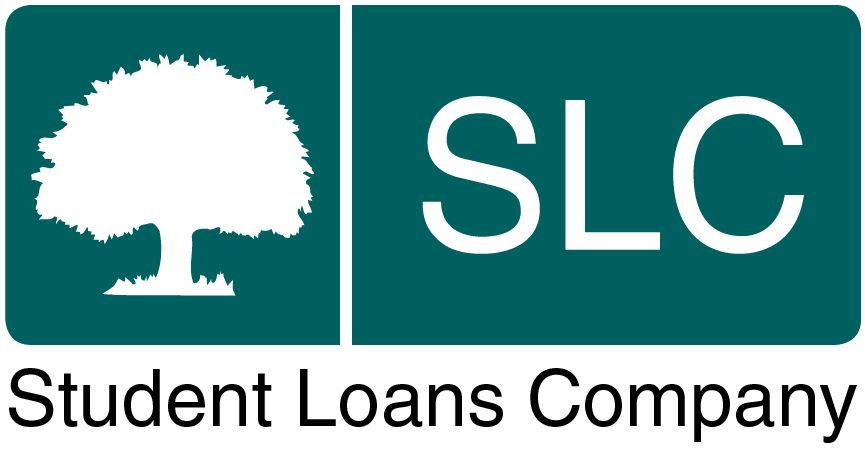Accredited official statistics
Definitions (Scotland)
Published 20 June 2024
Applies to Scotland
| Term | Definition |
|---|---|
| Account paid in full | The borrower has repaid the account in full without it being cancelled or written off. |
| Balance transfers | The transfer of a balance between repayment plans which would occur if one plan type has a credit balance and the other a debit balance. |
| Cancelled loan | The borrower no longer has any liability to repay as provided for in the loan’s regulations. A borrower’s liability shall be cancelled: 1) On the death of the borrower; 2) On reaching the age /time period cancellation criteria for their loan; or 3) If borrower is in receipt of a disability related benefit and permanently unfit for work. For more information please refer to gov.uk. |
| Domicile | The habitual and normal residence of a student apart from temporary or occasional absences in the relevant period prior to commencement of study. |
| EU borrower | A borrower who was originally domiciled in an EU country prior to entering higher education in Scotland. Such borrowers are eligible from academic year 2006/07 and for Tuition Fee Loan only. |
| In arrears | Borrowers who have at least one loan on which repayments are overdue. Arrears also arise when a borrower moves overseas and fails to repay SLC according to their repayment schedule. Additionally, any borrower who moves overseas and fails to provide the information required to agree the appropriate repayment schedule will also be placed in arrears. |
| Income Contingent Repayment (ICR) Loan | Student loans provided by Government to higher education students and some further education students to cover course fees and living costs whilst studying. They were first introduced in the UK for new undergraduate students in 1998, at the same time as tuition fees. |
| Income threshold | The earnings level at which borrowers liable to repay will make repayments. |
| Liable to repay | The borrower has reached their Statutory Repayment Due Date (SRDD). See definition of SRDD. |
| Maintenance Loan | Maintenance loans are loans to cover living costs. |
| New borrowers | Borrowers who had no loans at the beginning of the financial year and took out new loans during the financial year. |
| No live employment at HMRC | Borrowers in the UK tax system where HMRC does not have a record of any current employment when the data cut is taken for the statistics, therefore their latest employment status is given as “to be determined”. |
| Overdue debt | That part of the loan balance that is overdue for those borrowers who are in arrears. |
| Refunds of income contingent repayments | Where over-repayment is identified, a refund is provided to the customer by SLC. |
| Repayment cohort | A borrower is placed in a single repayment cohort. In some circumstances the repayment cohort may change i.e. withdrawal from course of study. The repayment cohort is based on the year of the earliest Statutory Repayment Due Date (SRDD). See definition of SRDD below. |
| Study mode | The mode of study (full-time or part-time) when the borrower took out their loan. |
| Statutory Repayment Due Date (SRDD) | The point a borrower becomes liable to begin repaying a loan, normally the April after graduating or otherwise leaving their course. After the SRDD borrowers are required to make repayments if their income is above the threshold. |
| Tuition Fee Loan | Tuition Fee Loans are loans to cover all or part of the cost of tuition. They are paid directly to the learning provider. |
| Written off loan | The borrower remains liable to repay but recovery is deemed unlikely by the loan administrator or not possible by legal judgement. |

